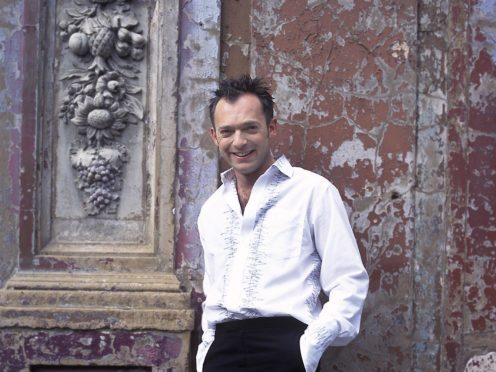Charles Hazlewood, the conductor who revealed recently that he suffered abuse, says society does not know how to deal with the problem.
The musician, 54, disclosed on Desert Island Discs that he was in a “long process of recovery” as a result of the sexual abuse he experienced as a child.
Now he has told Radio Times magazine that “burying it is what kills people… You have to get it out”.
But he added: “Once you’ve been abused, you’re damaged for life, it’s in your pores and bloodstream.
“The question is, what do you do with it? It’s given me a fiery, high-octane energy to drive things forward, like forming Paraorchestra (a fully integrated ensemble of disabled and non-disabled musicians).”
He said: “The great tragedy of our culture is that we still don’t have the first idea how to address that damage (of childhood abuse).
“Of course we need to find these people and put them in prison, but we’re not going to solve the problem by simply doing that.”
He said of his decision to reveal what happened to him on BBC Radio 4 show Desert Island Discs: “I did it very calculatedly and for one specific reason.
“Like any mental health issue, it’s something we have to talk about. A terrible anxiety besets you about revealing it, because all life long you’ve felt disgusting, shameful, grotesque.
“By saying these things out loud, you think you’re re-enforcing people’s opportunity to feel these things about you, but the reverse is the case.
“You only feel compassion from people, never judgment.”
He told the magazine: “It was the right thing to do, although every time I utter it publicly, I feel a cold sweat. It’s triggering. It brings the trauma back up. You feel it under your skin.”
Hazlewood, who has performed at the London Paralympics, the BBC Proms and Glastonbury, said: “You have to allow the rage and not deny it, that’s really important, but by and large I’m over that now.
“I feel only pity, because the people who did that to me when I was a kid were acting out their own damage.”
The full interview is in Radio Times magazine, out now.
